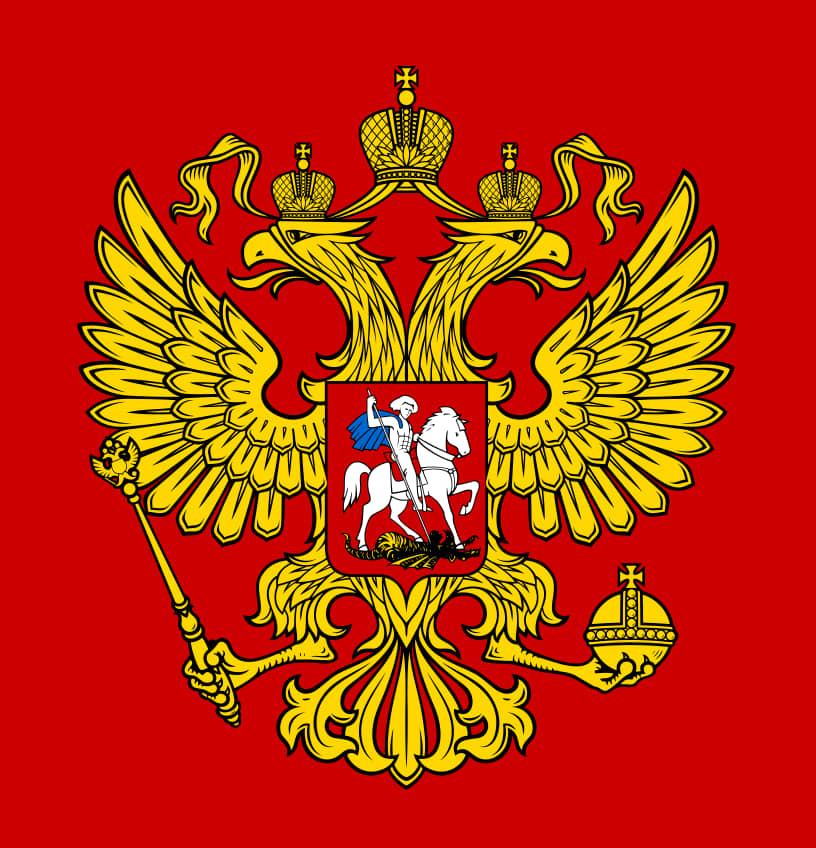The following data is provided by the Levada Center, an independent Russian organization that is anything but “Putinist.” It is so little so that it is even included in the list of independent analysis centers in Europe, published by Freedom House.
The data from these polls represents yet another confirmation that the West’s political and military strategy against Russia (a strategy that even penalizes Russian writers, artists and sportsmen) is not only leading to a barbarization of the political and social life of the West itself, but is also acting as a kind of terrible political and economic boomerang—it produces the opposite effects of what is desired by the promoters of such a strategy.
These are the results of the March 2022 Levada Center polls:
- Compared to February, the President’s approval rating rose from 71% to 83%. The approval for his government rose from 55% to 70%. The Prime Minister’s rose from 60% to 71%. United Russia’s [Putin’s political party] rose from 39% to 54%.
- 69% of Russians (52% in February) think the country is heading in the right direction, while those who think otherwise have dropped from 38% to 22%.
- After Putin (44% trust-rate), the most popular politicians (at 15%) are Sergei Shoigu, Vladimir Zhirinovsky, Mikhail Mishustin and Sergey Lavrov.
- 64% of Russians (43% of young people) follow the Ukrainian conflict with interest.
- 81% (71% of young people) support the military operation; 14% are against it.
- Specifically, 89% of those who approve of Putin’s policies are in favor of the military operation, while 32% among them disapprove of it.
- Those who disapprove are either against war and killing civilians (43%), or interfering in another state (19%).
- Those who approve of the military operation support the need to protect the population of the Donbass (43%), the need to prevent attacks on Russia (25%), the need to denazify Ukraine (21%), the need to discourage NATO (14%).
- The dominant feelings are national pride (51%), fear (31%), shock (12%). Among young people fear, depression and shock prevail.
- Condemnation of the war by other countries is explained by obedience to the United States (36%), misinformation in the Western media (29%), prejudice against Russia (27%), violation of international law by Russia (16%), fear of a Russian invasion (15%), and outrage at Russian actions (12%). Among young people, the last three options prevail.
- 53% of Russians (40% of Muscovites) are not worried about sanctions.
- 69% do not feel any problems because of the sanctions.
- 58% (72% of young people, 80% of those on Telegram) have heard about the anti-war protests, but 32% believe that the protesters are paid.
This analysis appears courtesy of El Manifesto.
